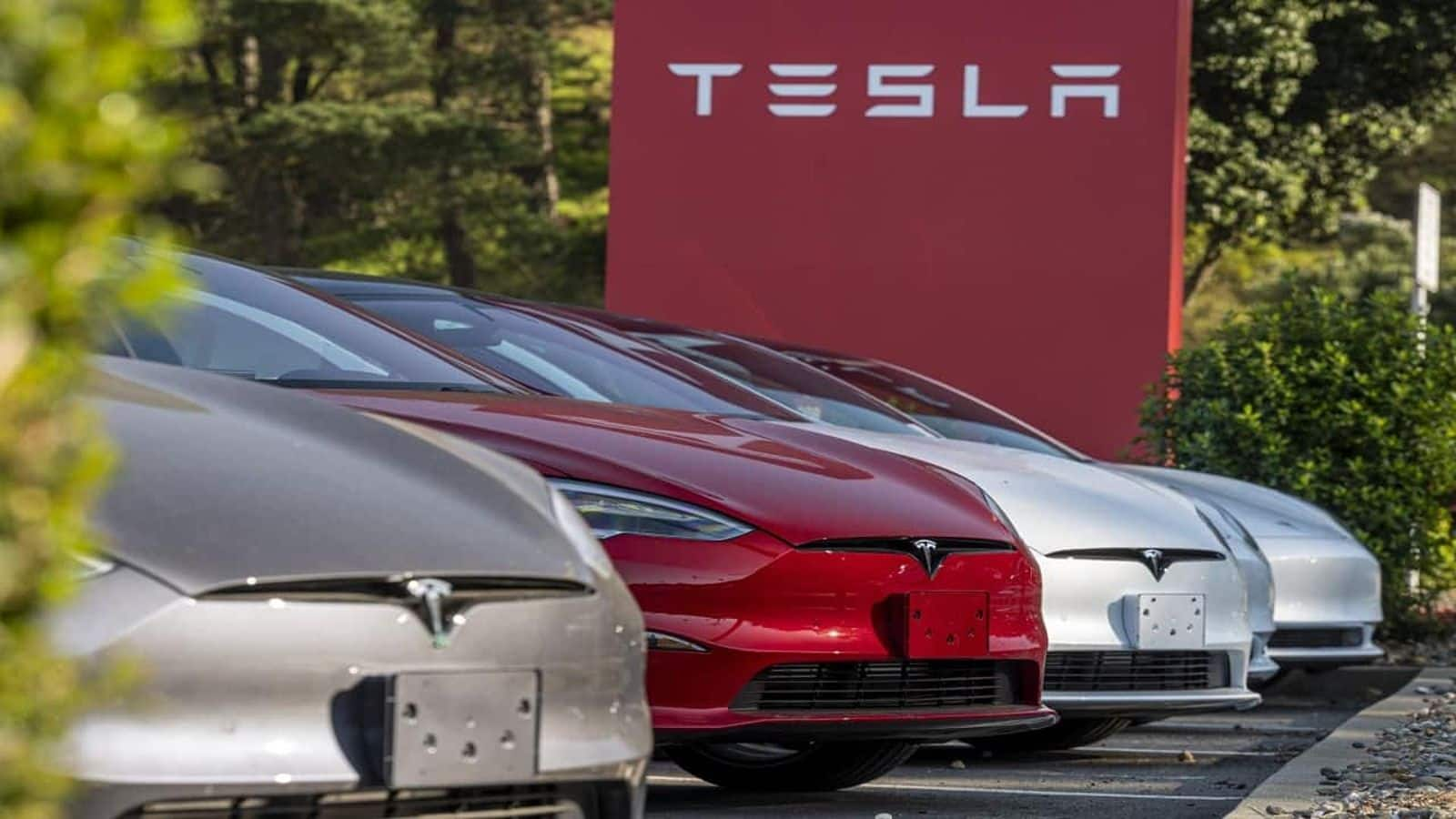
Tesla maintaining silence on India strategy despite new EV policy
What's the story
Despite the Indian government unveiling a new electric vehicle (EV) policy in March, Tesla has yet to disclose its plans for establishing a business in the country. A government official revealed to PTI, that the US EV manufacturer has remained mum about its strategy for setting up a manufacturing facility here. "They (Tesla) are just silent. The EV policy was always meant for everybody," the official stated, underscoring that such commercial decisions are typically announced by companies themselves.
Delayed arrival
Musk's postponed India visit raises questions
Tesla CEO Elon Musk's visit to India, initially scheduled for April 21-22, 2024, was postponed due to "very heavy Tesla obligations," as stated by Musk himself. This unexpected change in plans came as a surprise, especially considering his subsequent unanticipated visit to China. Prior to these events, Musk had confirmed his upcoming trip to India in early April through a post on X, expressing anticipation for meeting with Prime Minister Narendra Modi.
Anticipated announcement
High expectations surrounded Musk's planned India visit
During Modi's US visit in June last year, Musk met with him and expressed confidence about Tesla's imminent entry into the Indian market. This statement sparked speculation that Musk would announce Tesla's business establishment plans in India during his proposed 2024 visit. It was widely anticipated that he would reveal plans for a manufacturing unit in India, and discuss potential investments, potentially amounting to billions of dollars.
Policy perks
India's new EV policy aims to attract global players
Musk's planned visit coincided with the Centre's announcement of a new EV policy, offering import duty concessions to companies investing at least $500 million in manufacturing units within the country. This move was designed to attract major players like Tesla.
Import duties
Current import duty structure for vehicles in India
At present, cars imported to India as CBUs attract customs duties ranging from 70% to 100%, depending on the engine size and price, insurance, and freight (CIF) value. CBUs with a CIF value over $40,000 attract a 100% import duty for petrol mills larger than 3,000cc and diesel engines larger than 2,500cc. Conversely, those with a CIF value under $40,000 get a 70% duty for petrol engines under 3,000cc, and diesel engines under 2,500cc.